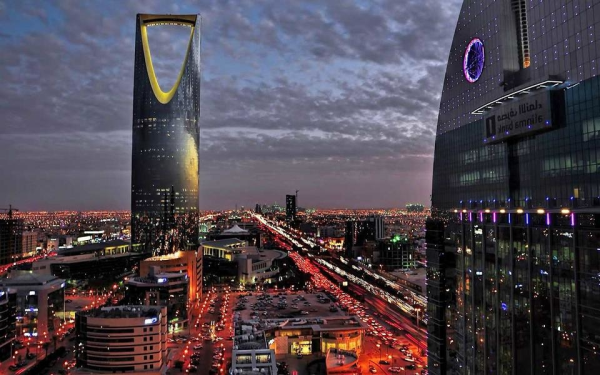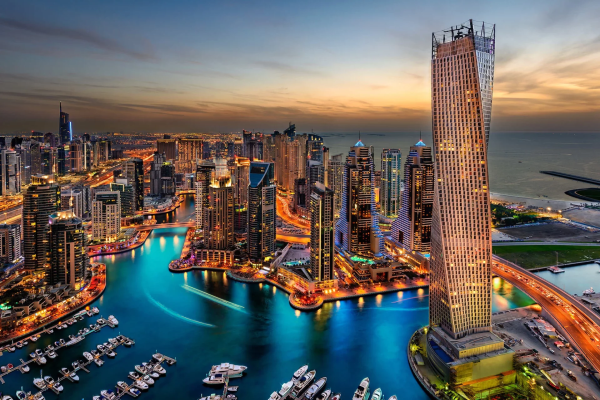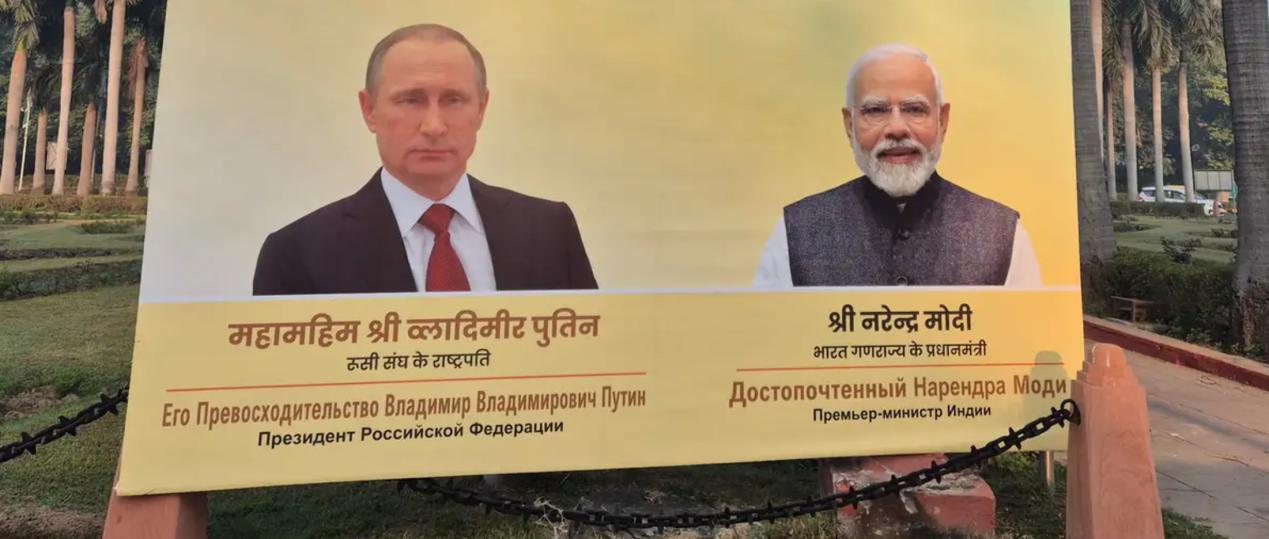
In order to attract foreign investment, Saudi Arabia announced in 2021 that from January 1, 2024, if foreign companies do not set up regional headquarters in Saudi Arabia, the Saudi government will not sign new contracts with them. Now the end is approaching, there are still many companies in entanglement-and wait-and-see.
In recent years, Saudi Arabia has vigorously promoted economic diversification in order to achieve the economic goals of "Vision 2030", and the Saudi government hopes to take advantage of the potential of its market, forcing multinational companies to relocate their regional headquarters from other parts of the Middle East to Saudi Arabia and accelerate its economic transformation. Although this new policy was announced in 2021, the detailed measures were not announced until the end of 2022, but there is still a lot of ambiguity about the policy. The "simple and rough" rules of the game have made many multinational enterprises difficult. On the one hand, Saudi Arabia's current business environment is not as good as Dubai and Bahrain; On the other hand, they are more reluctant to give up the Saudi pie. In view of the overall advantages of the GCC countries in the economic development pattern in the Middle East and the geographical cluster advantages, Saudi Arabia's "regional headquarters" plan is actually locked in the "opponent" of other GCC countries, which will naturally have a certain impact on these countries.
Dubai, the United Arab Emirates, has always been the "commercial capital" of the Gulf region in the Middle East, and it is also the city where multinational companies have the most concentrated regional headquarters in the Middle East, in addition, many multinational companies have their regional headquarters in zero-tax Bahrain, and very few multinational companies will consider setting their regional headquarters in Saudi Arabia. However, in the first year of the new policy, 24 multinational companies announced that they would move their regional headquarters to the Saudi capital Riyadh, including well-known companies such as Deloitte and Pepsi. However, some industry insiders pointed out the "secret", in fact, some companies have previously set up offices in Saudi Arabia, they do only to change the office to the regional headquarters, and the actual business of the regional headquarters is still in Dubai or Bahrain.

It can be said that, on the one hand, the implementation of the regional headquarters plan will, to a certain extent, promote the GCC countries to carry out differentiated competition in attracting foreign companies. On the other hand, it will also create a sense of unease in countries such as the United Arab Emirates and Bahrain, after all, the relevant companies face "choosing sides" under the "regional headquarters" plan. In this context, the UAE has also accelerated policy changes and constantly introduced new policies, hoping to retain and attract foreign talents in a more relaxed social atmosphere.
In April 2021, the UAE adopted the "Attracting and Retaining Global Talent" strategy, which aims to place the UAE in the top 10 in the world in terms of global talent competitiveness and ensure that the UAE has a sufficient talent pool to develop the knowledge economy. Under this strategic framework, the UAE has introduced several initiatives such as the 10-year Golden Visa to attract talent. Investors, entrepreneurs and professionals with special skills can apply for the visa. According to statistics, the UAE issued nearly 80,000 golden visas in 2022. In September 2023, the UAE government also announced that it will launch 50 new projects in phases to promote economic and social development, further attracting talent and investors. The 100 Programmers a Day program, for example, aims to attract 3,000 programmers a month to join the UAE workforce and attract IT talent to set up programming companies in the UAE through a range of incentives and benefits.
Taken as a whole, Saudi Arabia and Gulf states such as the UAE are not a zero-sum game in the economic sphere. With the opening up of Saudi Arabia, it has promoted the change of the overall business environment in the Middle East Gulf region, and brought a lot of opportunities for Gulf countries such as the UAE. If benign interaction can be achieved, a win-win circular ecology will eventually be formed.

From December 4th to 5th, 2025, Russian President Vladimir Putin set foot on Indian soil again after a four-year hiatus to attend the 23rd annual India-Russia summit.
From December 4th to 5th, 2025, Russian President Vladimir …
At a critical inflection point for the global autonomous dr…
Following a meeting last week between Polish Prime Minister…
The AI race in 2025 is playing out like an absurd drama: Je…
In the globalized trade system, the efficiency of ports as …
The Tokyo Metropolitan Police Department of Japan recently …